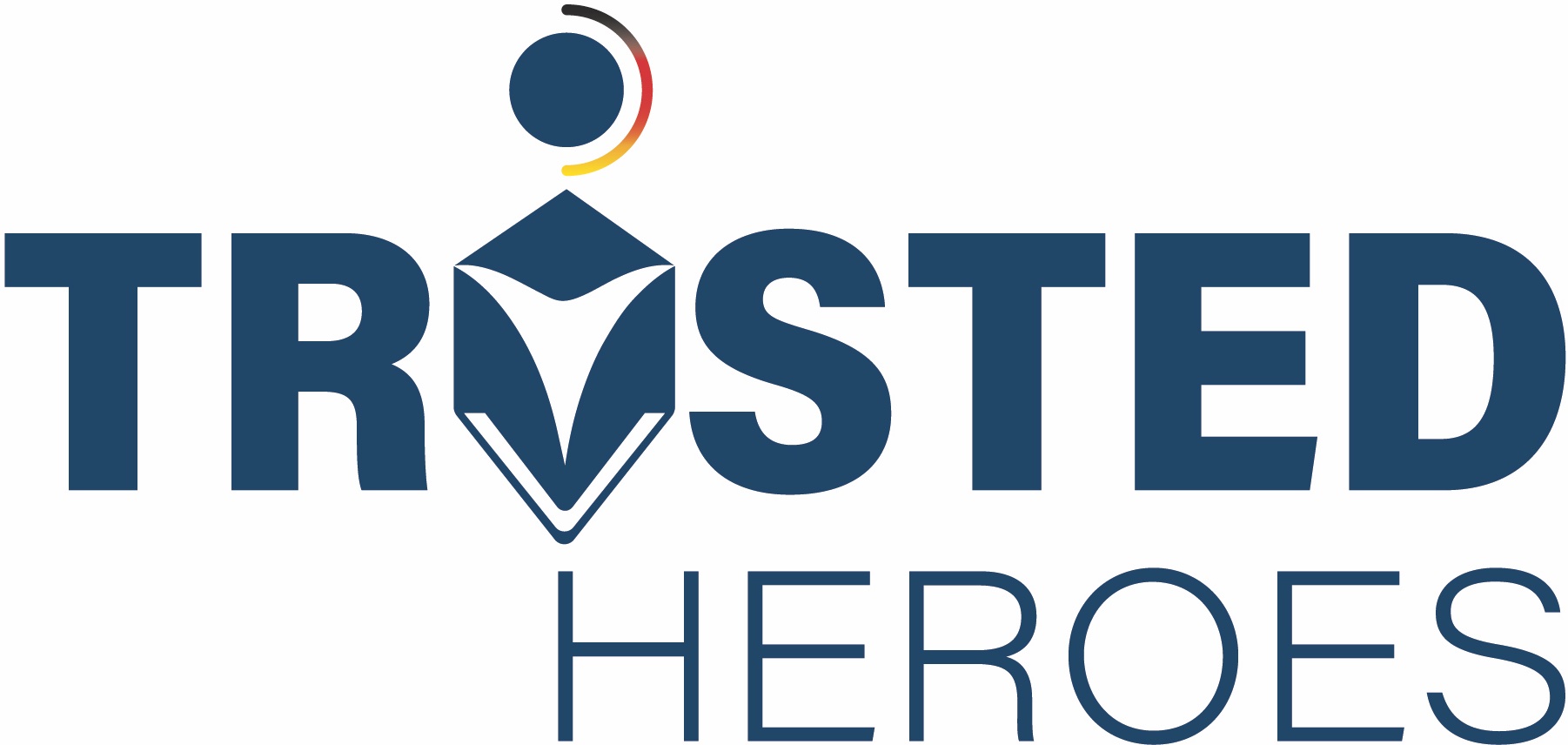In a world where products, services, and processes are becoming increasingly complex, certification has taken on a central role. It serves as an objective and verifiable indication that certain criteria and requirements have been met. This provides both consumers and business partners with a high level of trust and security.
Why Certification?: Certification has many facets. For companies, it often serves as proof of their competence and professionalism. A certified product or service demonstrates that the company is capable of consistently meeting high standards. For consumers, certification provides guidance in a sea of products and services. It is a sign that the product or service is safe, effective, and reliable.
The Process: Certification is typically a multi-step process. First, the entities to be certified—whether products, services, or processes—must comply with established standards or guidelines. These standards are often set by independent institutions or industry associations. Once defined, audits or inspections are conducted by recognized bodies. They verify whether all requirements are met. Upon successful examination, a certificate is issued, serving as proof of compliance with the standards.
Benefits of Certification: Beyond the obvious trust advantage that certification brings, there are practical benefits as well. Companies can strengthen their market position, gain access to new markets, or differentiate themselves from competitors through certifications. For consumers, the risk of purchasing inferior or unsafe products is reduced.
A Dynamic Process: Certification is not static. The world is constantly changing, along with technologies, requirements, and expectations. Certificates often have a limited validity period and must be renewed regularly. This ensures that certified products or services are always up to date with the latest technology and best practices.
Overall, certification is much more than just a seal or logo on a product. It is a promise of quality, reliability, and trustworthiness. In an increasingly interconnected and complex world, it ensures that standards are upheld and that consumers and business partners know what to expect.





